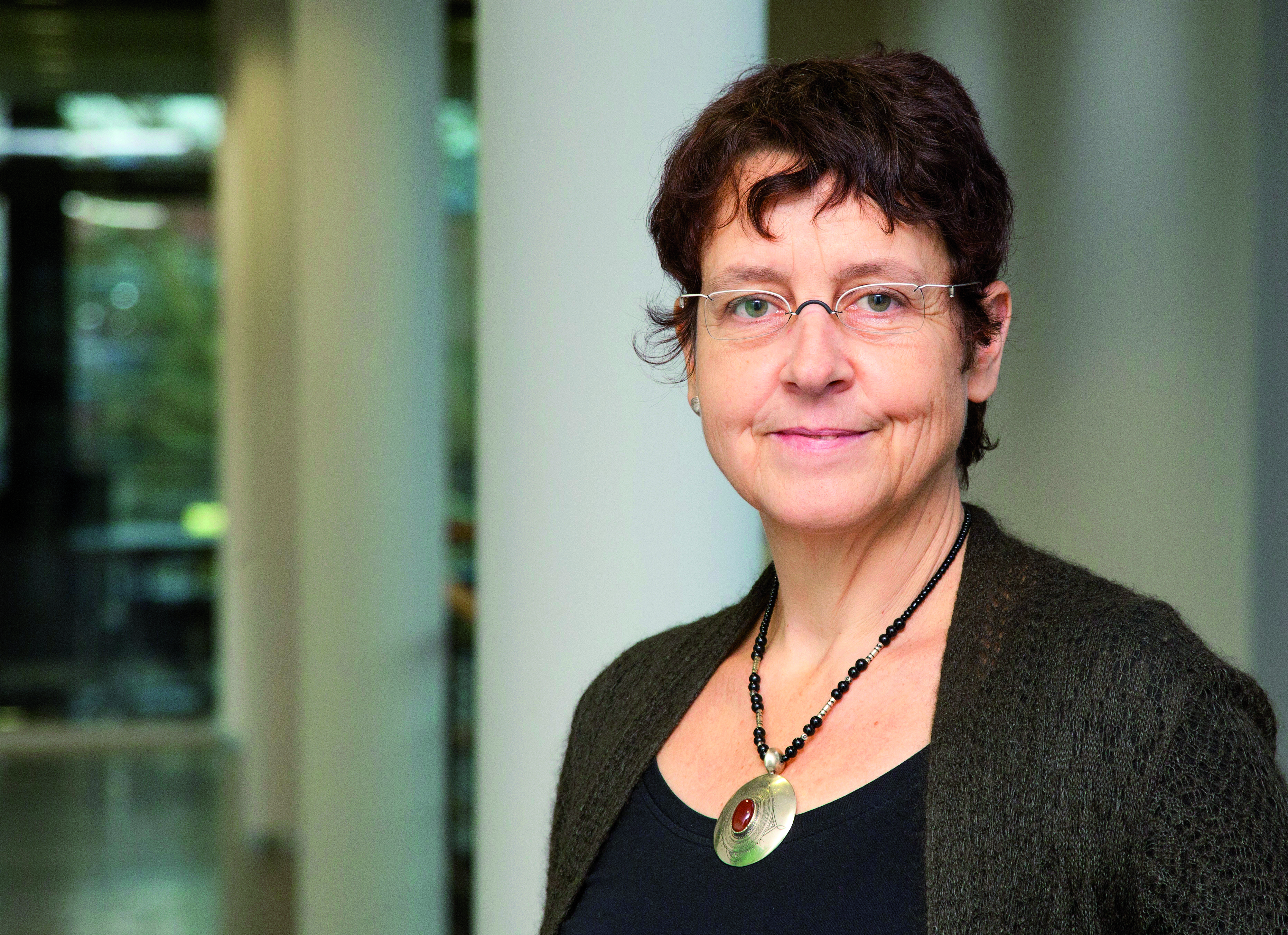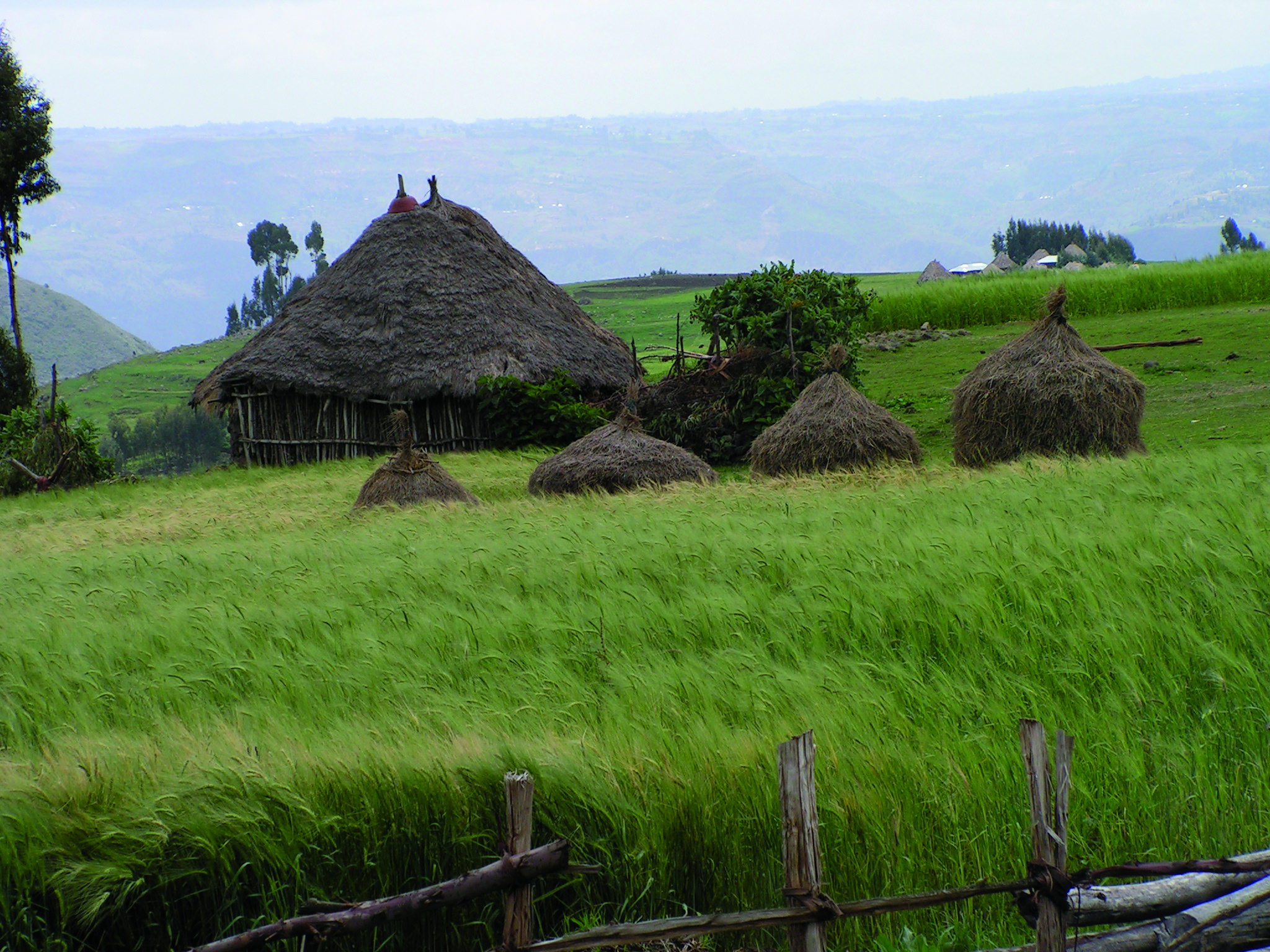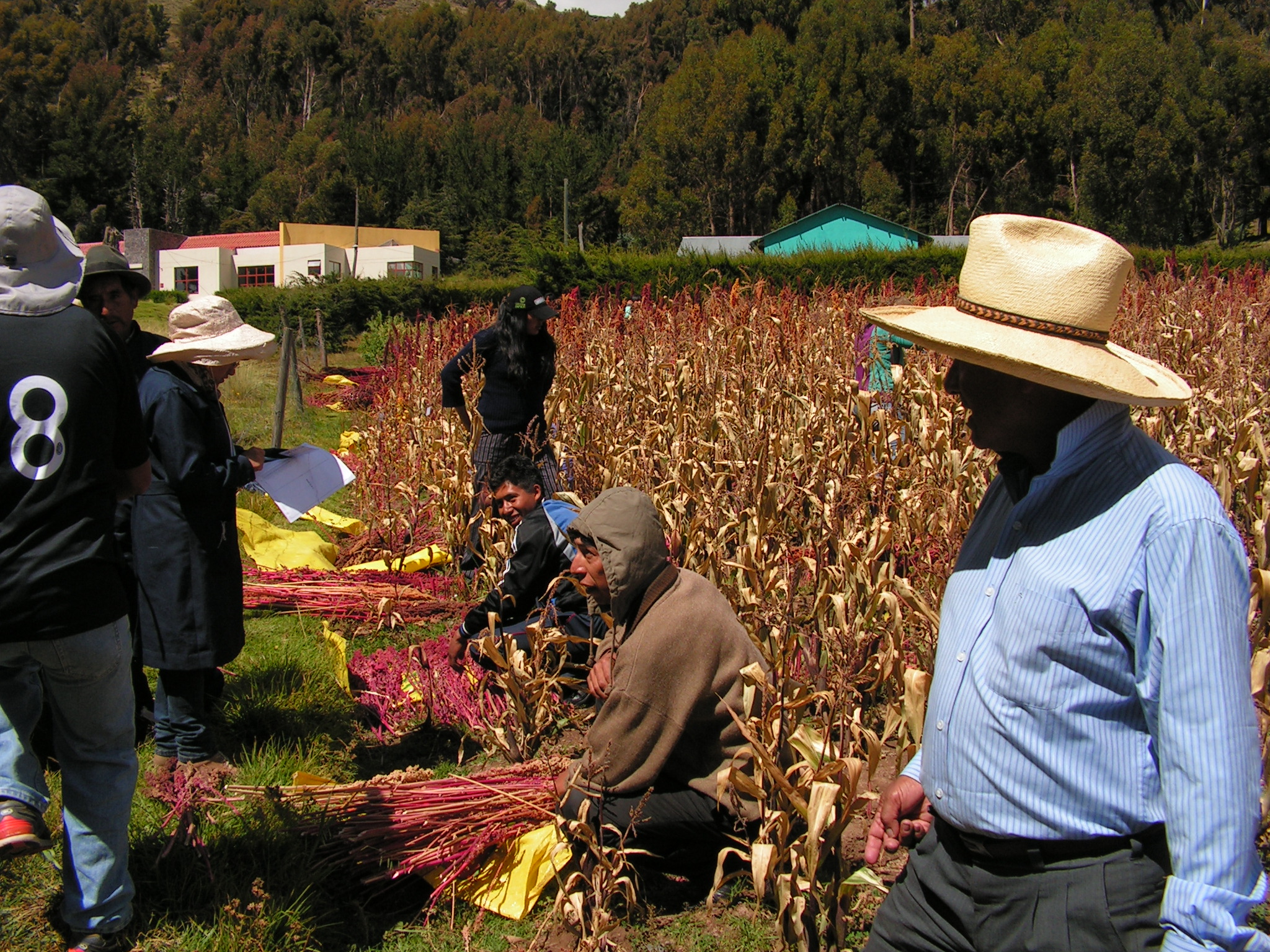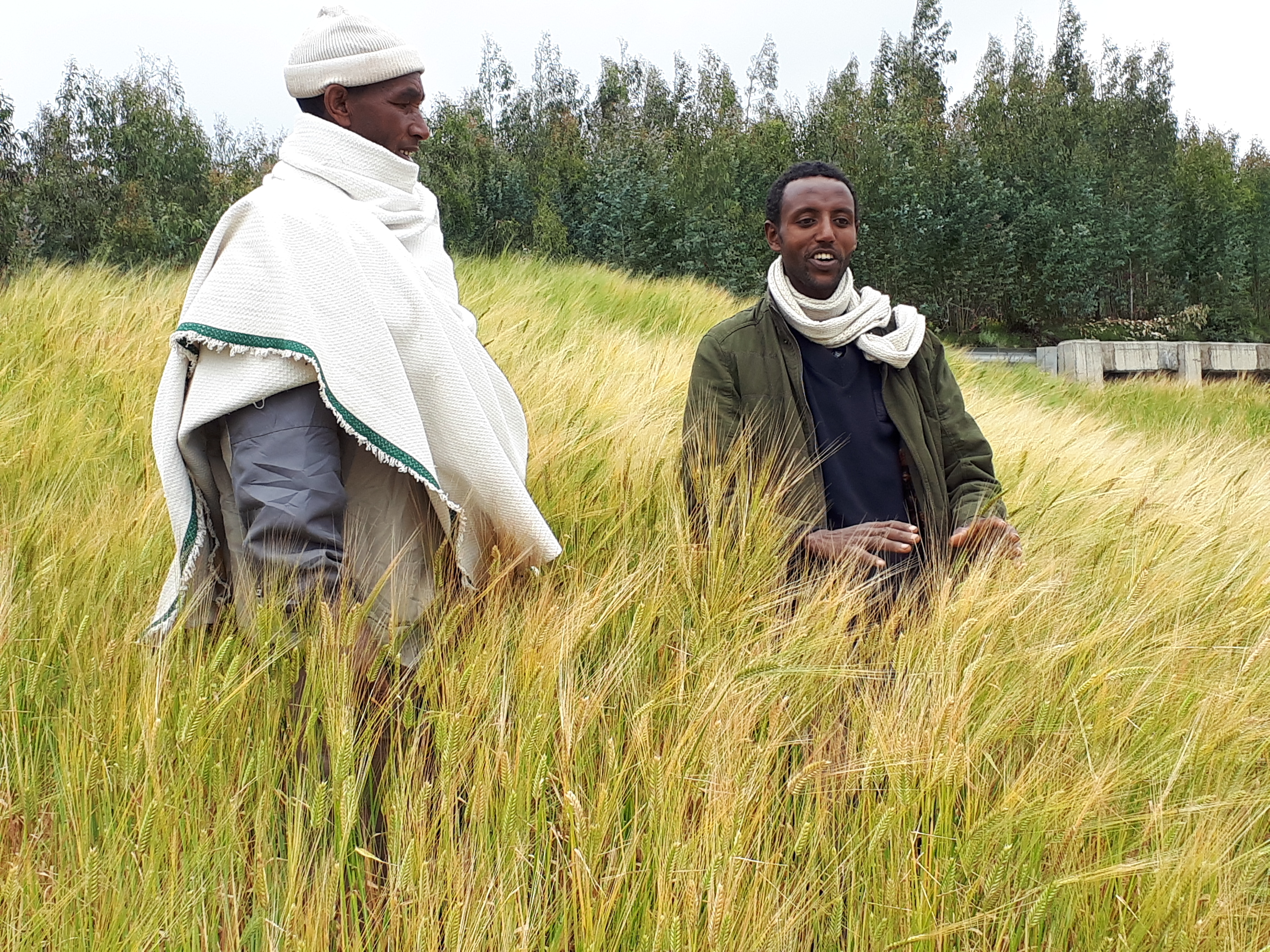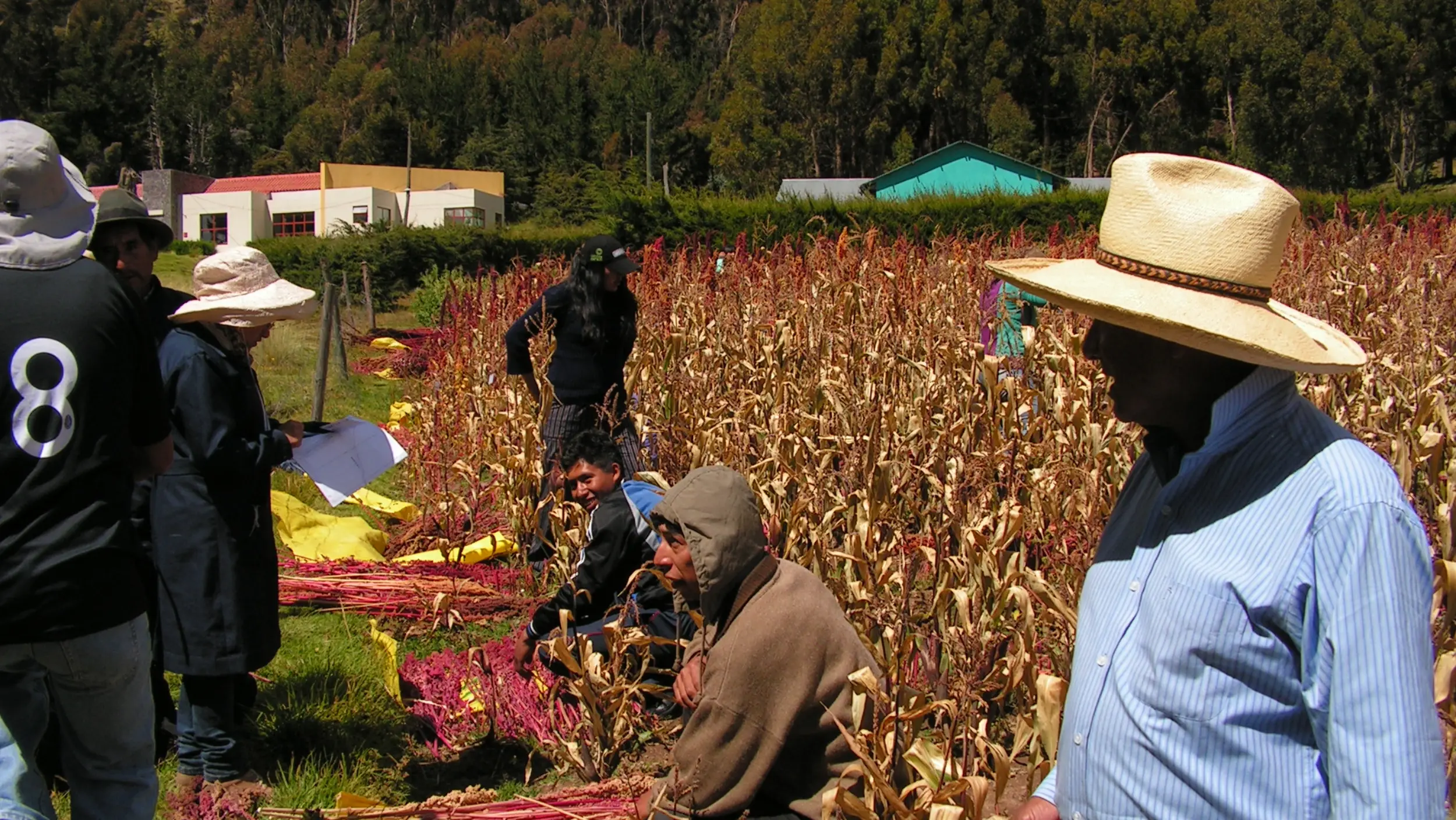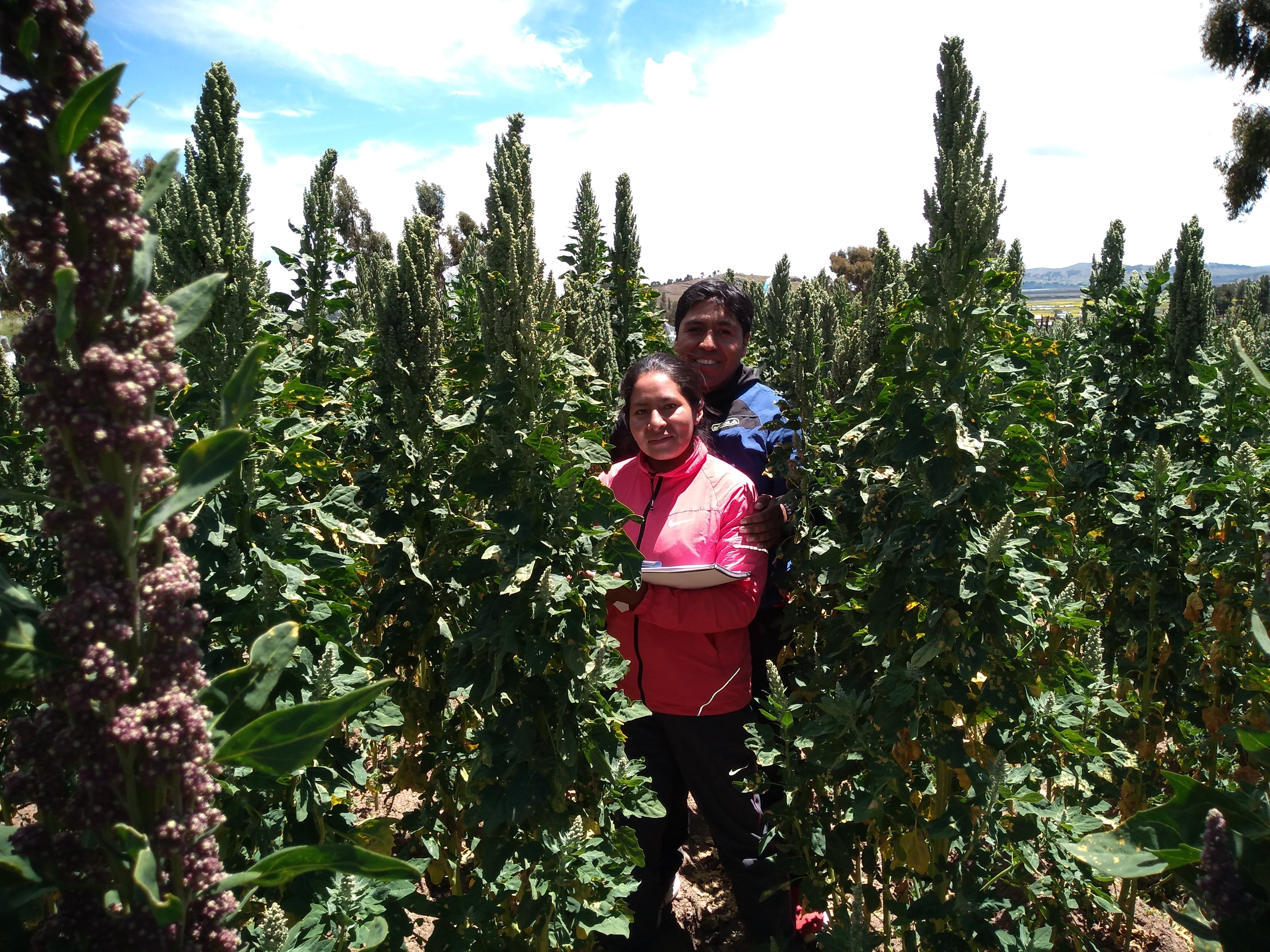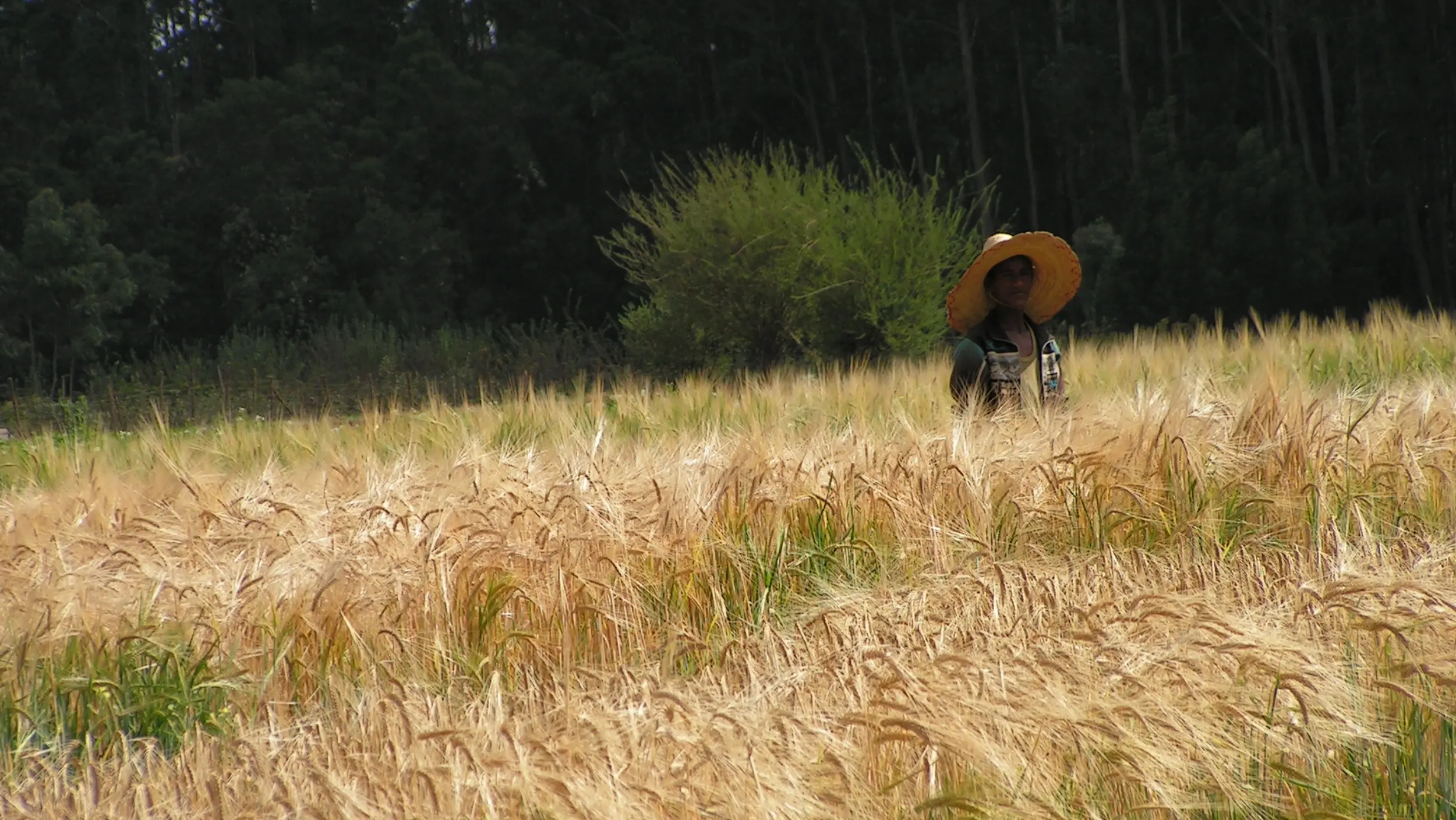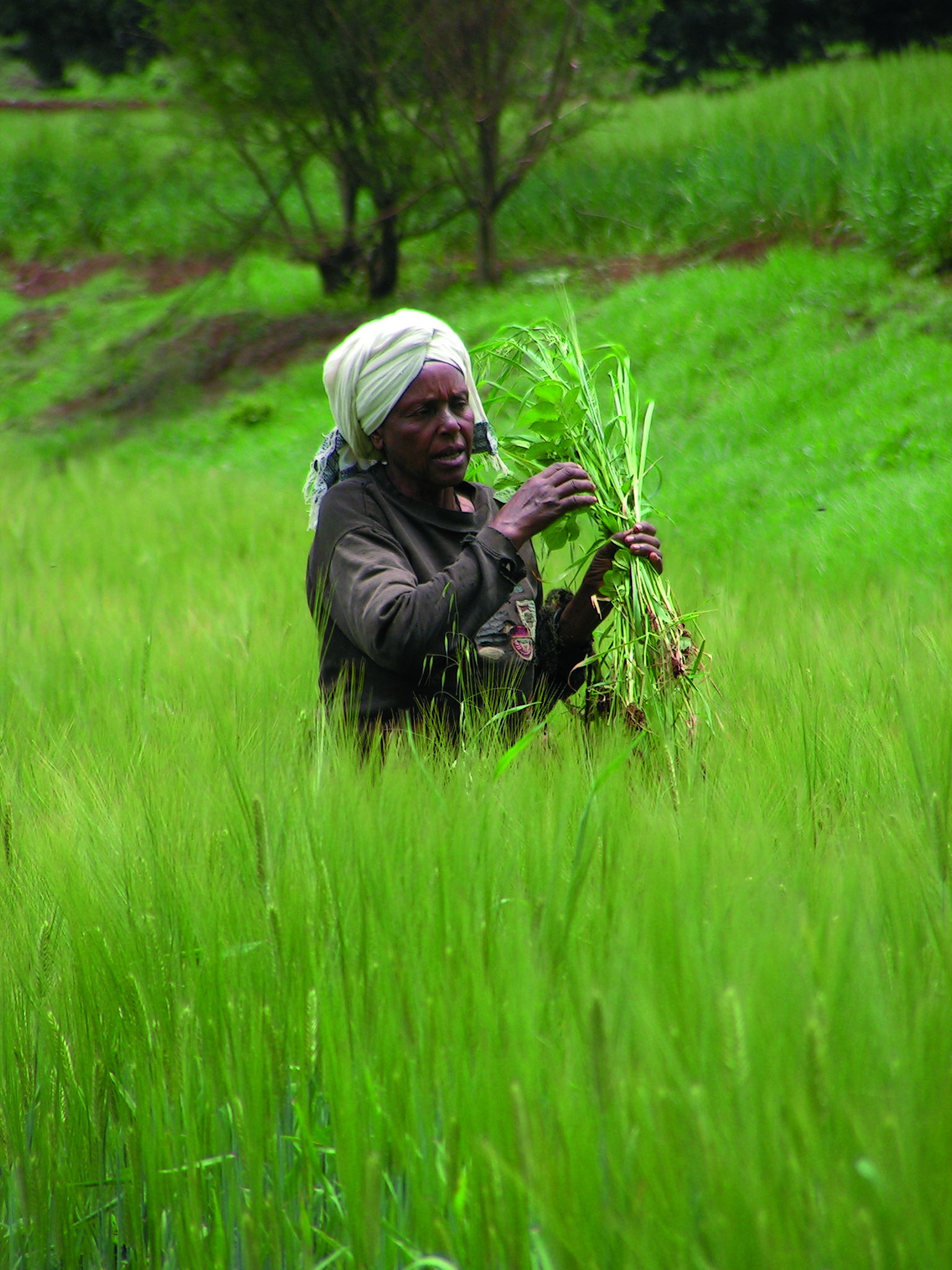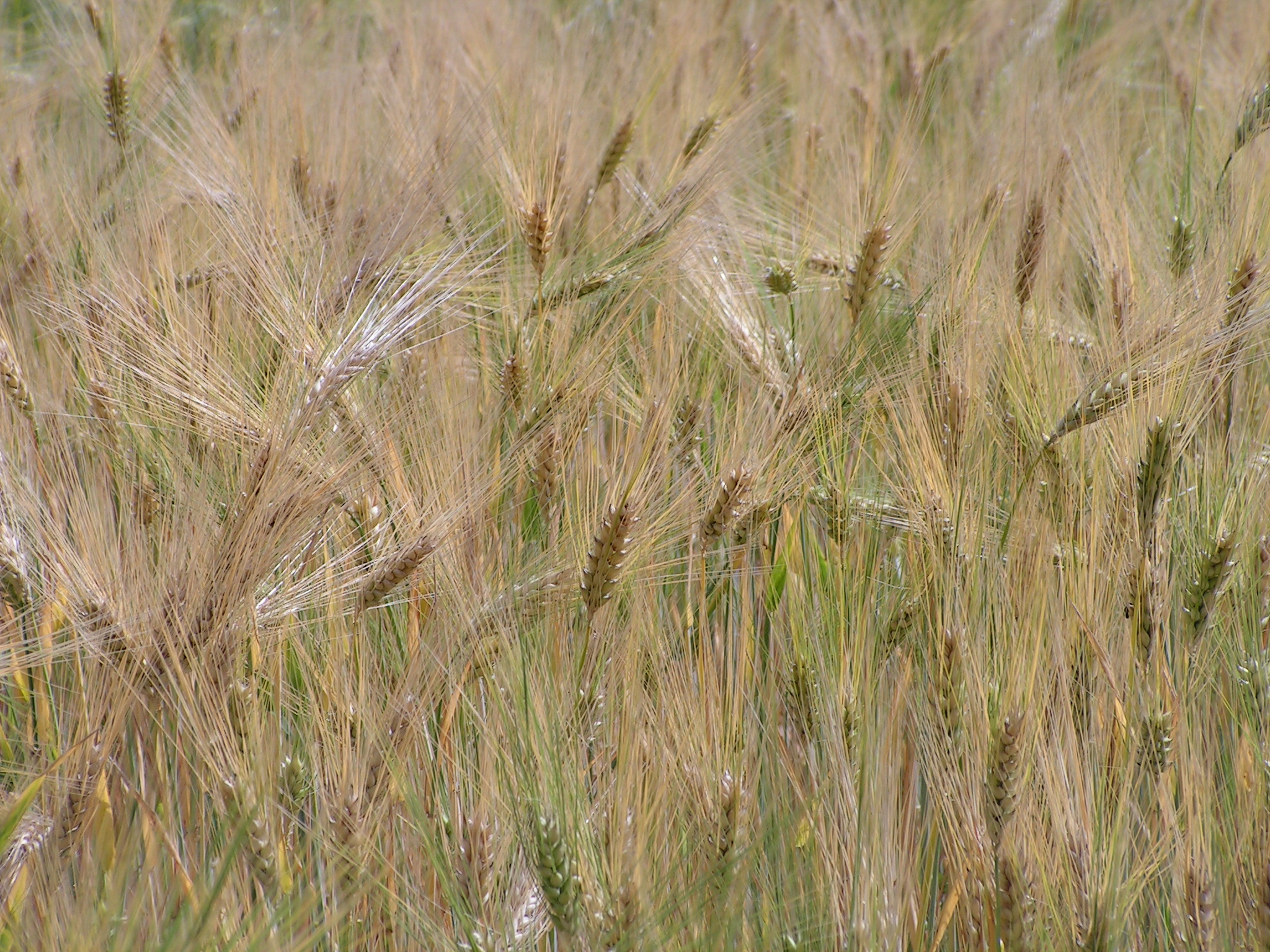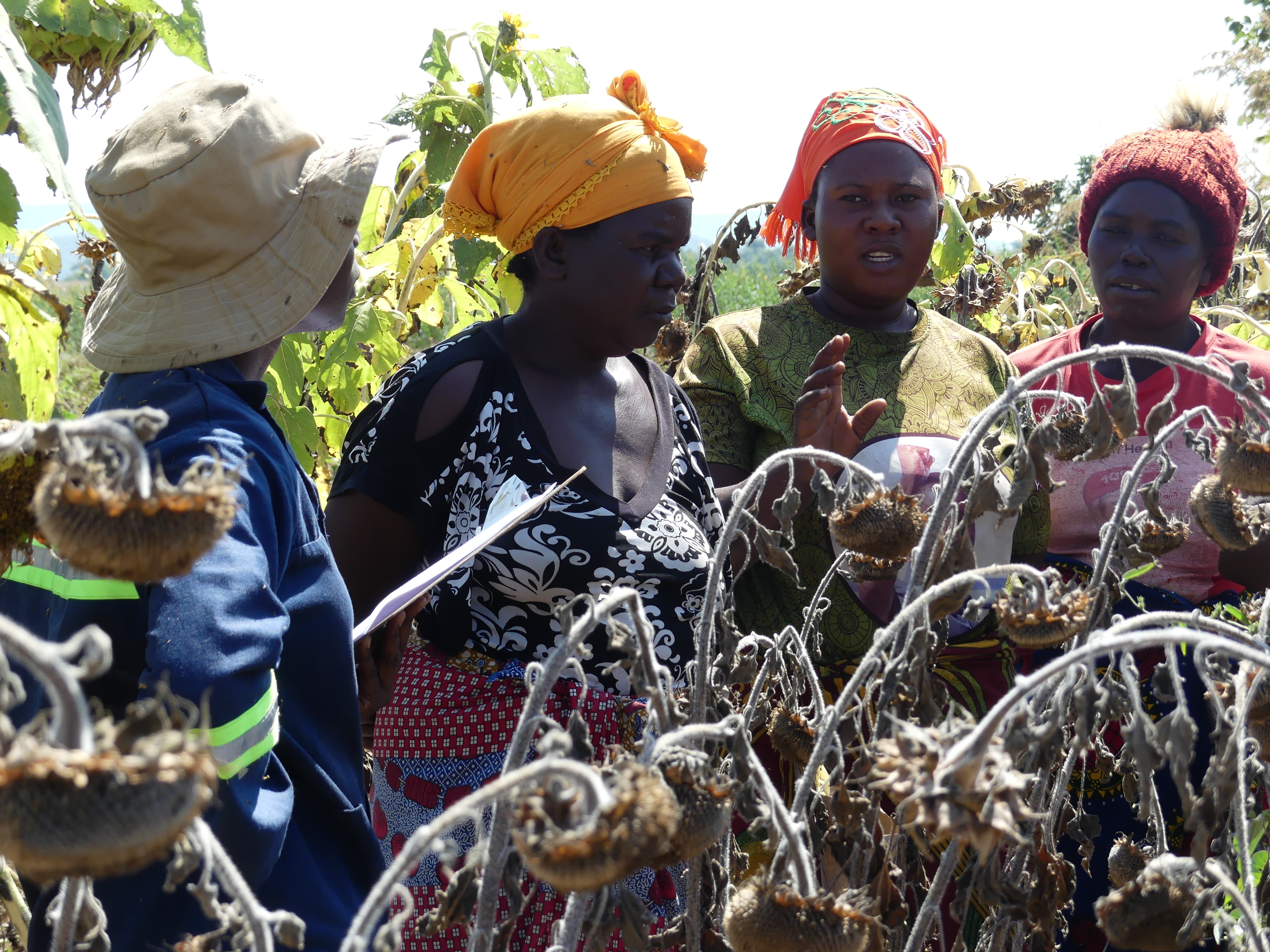Past development cooperations – transferred to self-sustainability
Between 2011 and 2023, KWS focused on development cooperations in Peru and Ethiopia. After more than 10 years of engagement, the original goals and objectives had been achieved. Both cooperations were transferred to self-sustainability.
The transition to self-sustainability is essential both for the sustainable development of the projects and for local ownership. It enables the partners to develop and implement their own solutions in the long term. The result is a reduction in dependence on external aid, an improvement in efficiency and adaptability as well as the strengthening of the local economy.
Visit our past projects
Corn and Quinoa variety development and conservation of genetic diversity
Peru’s landscape spans from sea level to over 6000 meters in altitude, giving rise to diverse farming systems. Small-scale farmers predominantly cultivate vital crops such as quinoa and corn, which now face threats from climate change and environmental degradation. In remote regions, chronic food shortages and malnutrition further exacerbate the challenges.
Our KWS projects in Peru (2011-2023) aimed at promoting the development of new varieties of corn and quinoa and conserving their genetic diversity. To enhance the country's plant-breeding expertise in the long run, Peruvian scientists underwent comprehensive training in diverse, practical methodologies, led by Professor Karl Schmid from the University of Hohenheim. Employing a "training of trainers" model within the Peruvian universities allowed us to maximize the initiative's reach and impact.
Project activities in Peru
Corn
Optimization of the management of corn genetic resources, including the development of new methods and the training of Peruvian students and academic staff.
Quinoa
The characterisation of quinoa genetic resources from seed samples, and the development of automated image analysis tools.
Quinoa
Development of effective quinoa breeding strategies and making new robust quinoa varieties available to Peruvian farmers.
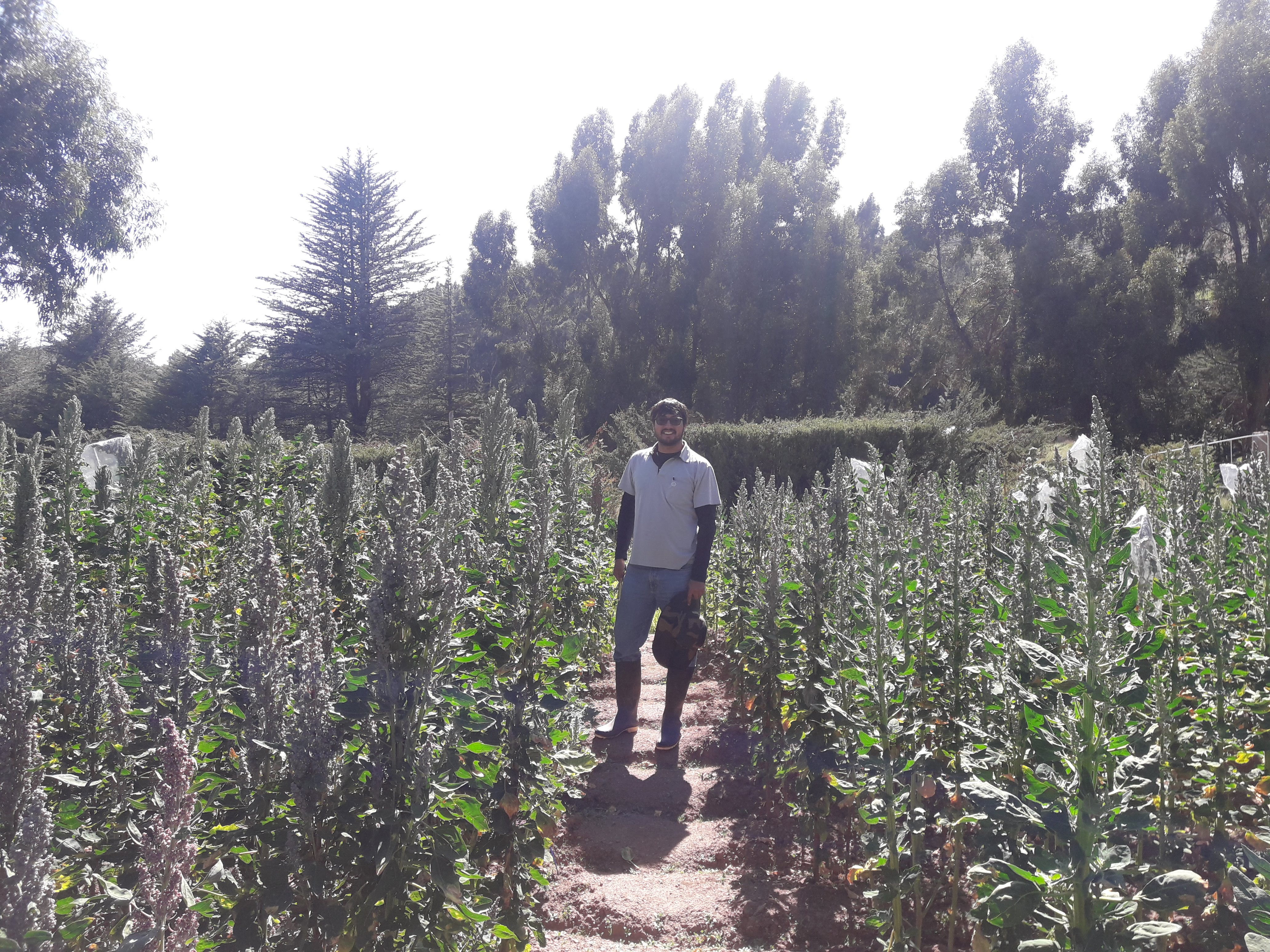
„This project enabled me to pursue a PhD and learn modern plant breeding methods, while developing quinoa varieties to advance food security in Peru“
What is quinoa?
Chenopodium quinoa
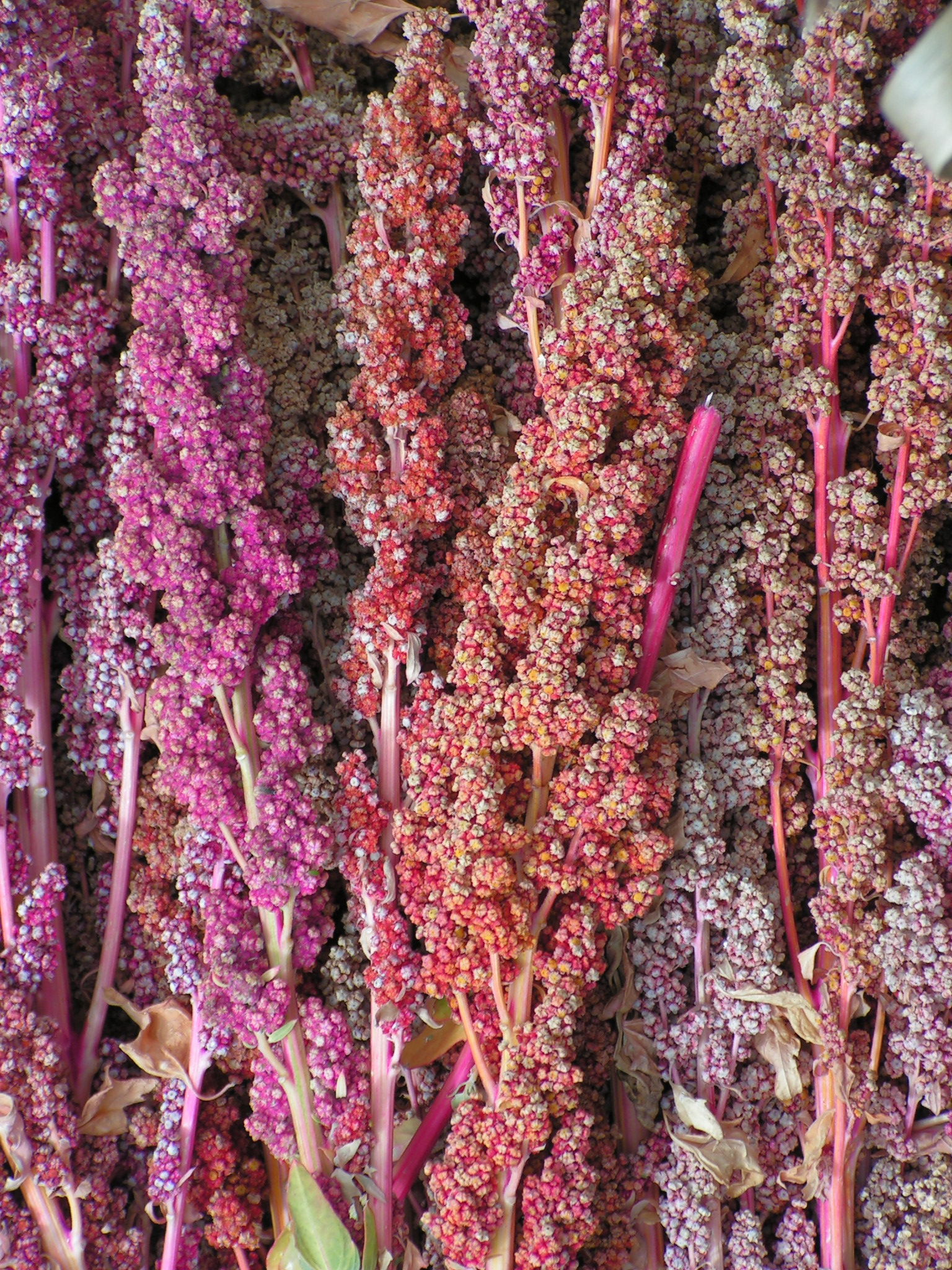
Producing countries
The main producing countries are located in the Andean region of South America, where quinoa was domesticated about 4000 years ago.
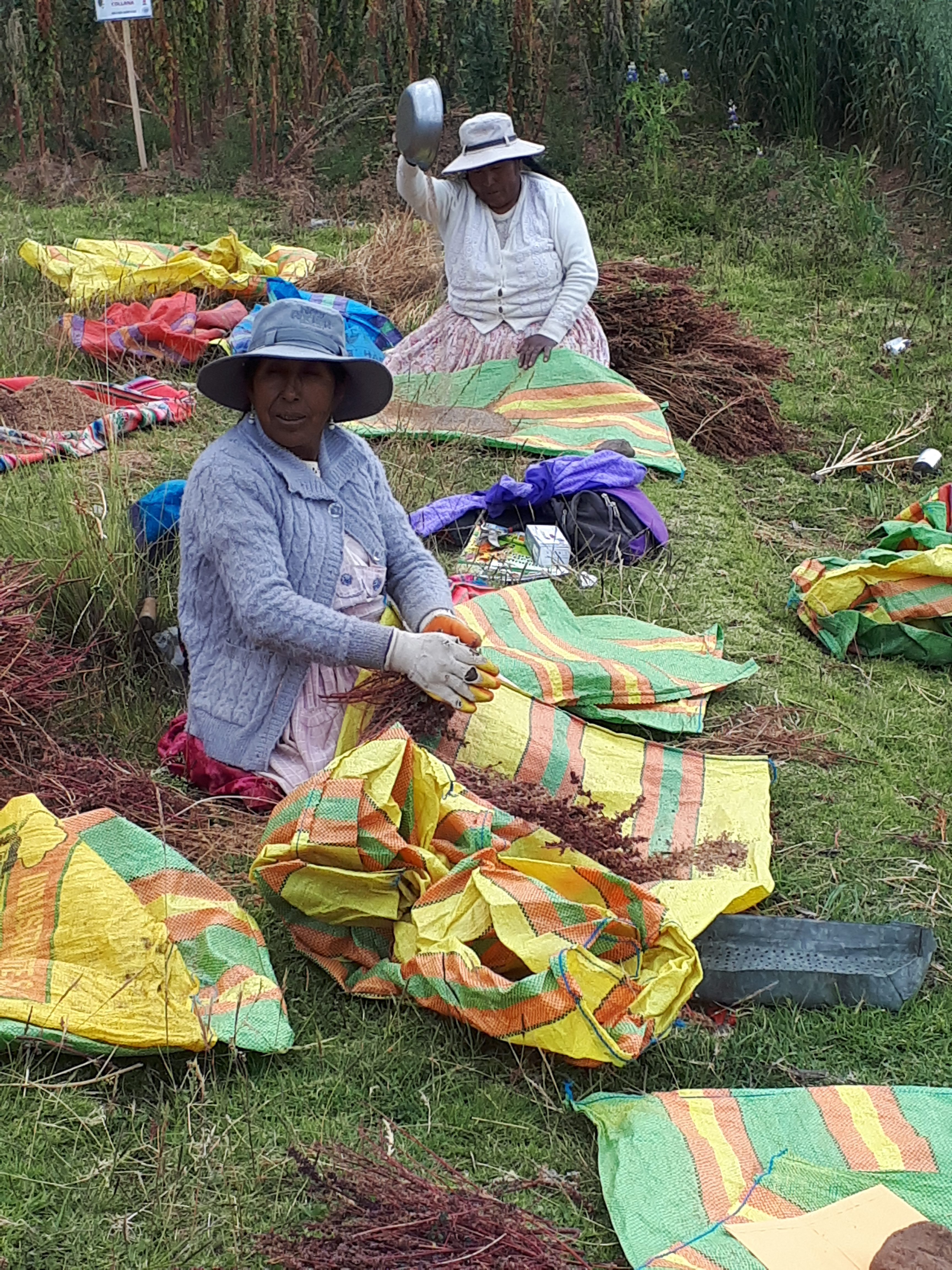
Flexible plant
An annual, highly nutritious grain crop which is
- adaptable to various environmental conditions
- resistant to droughts
- also tolerates both freezing and high heat
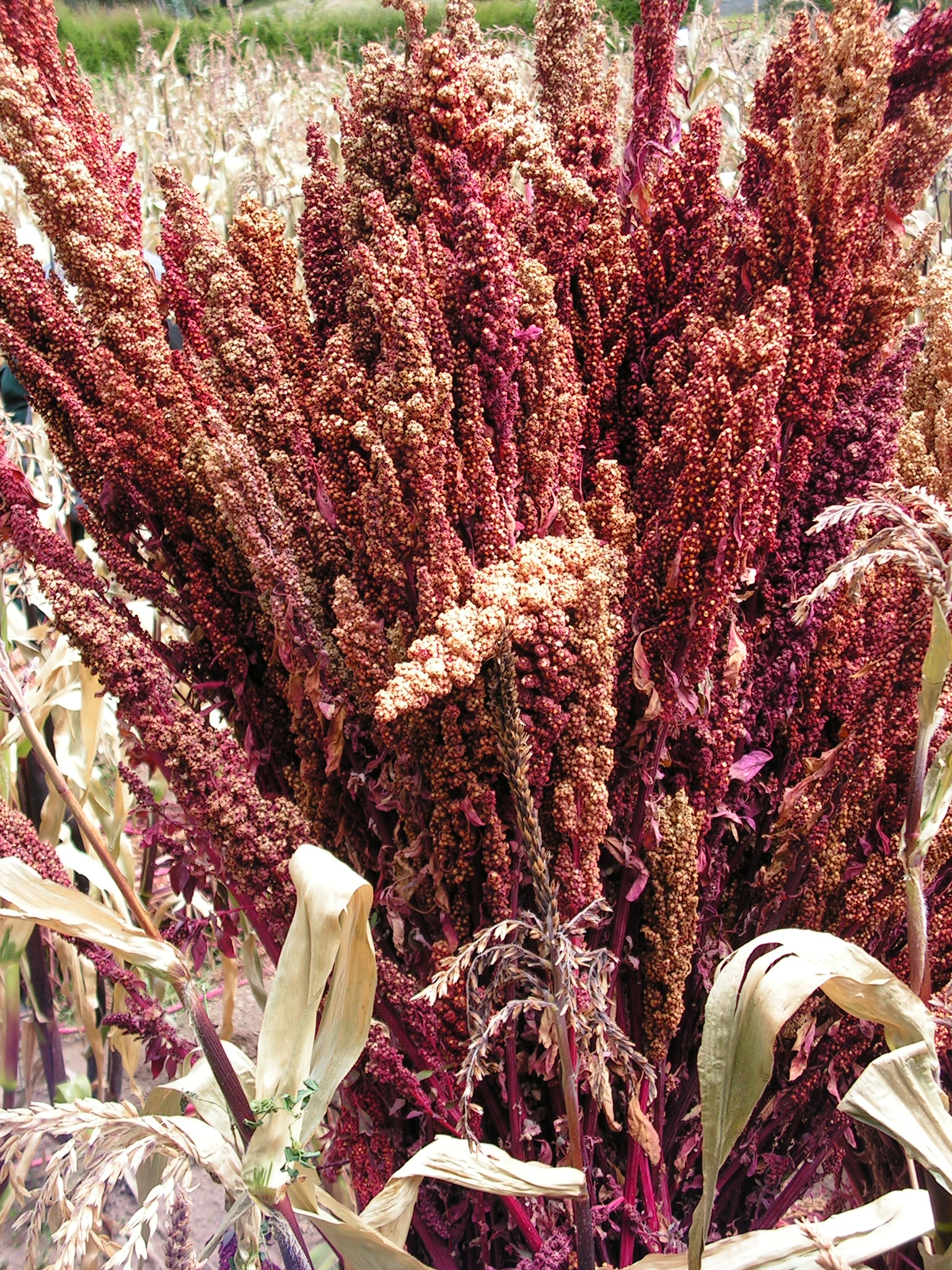
Valuable food
Quinoa is known to be a good source of essential amino acids, vitamins and minerals.
It is also gluten-free, which makes it a popular dietary addition. It has a delicate, nutty flavour, it is easy to prepare for a variety of dishes and used from salads to porridge.
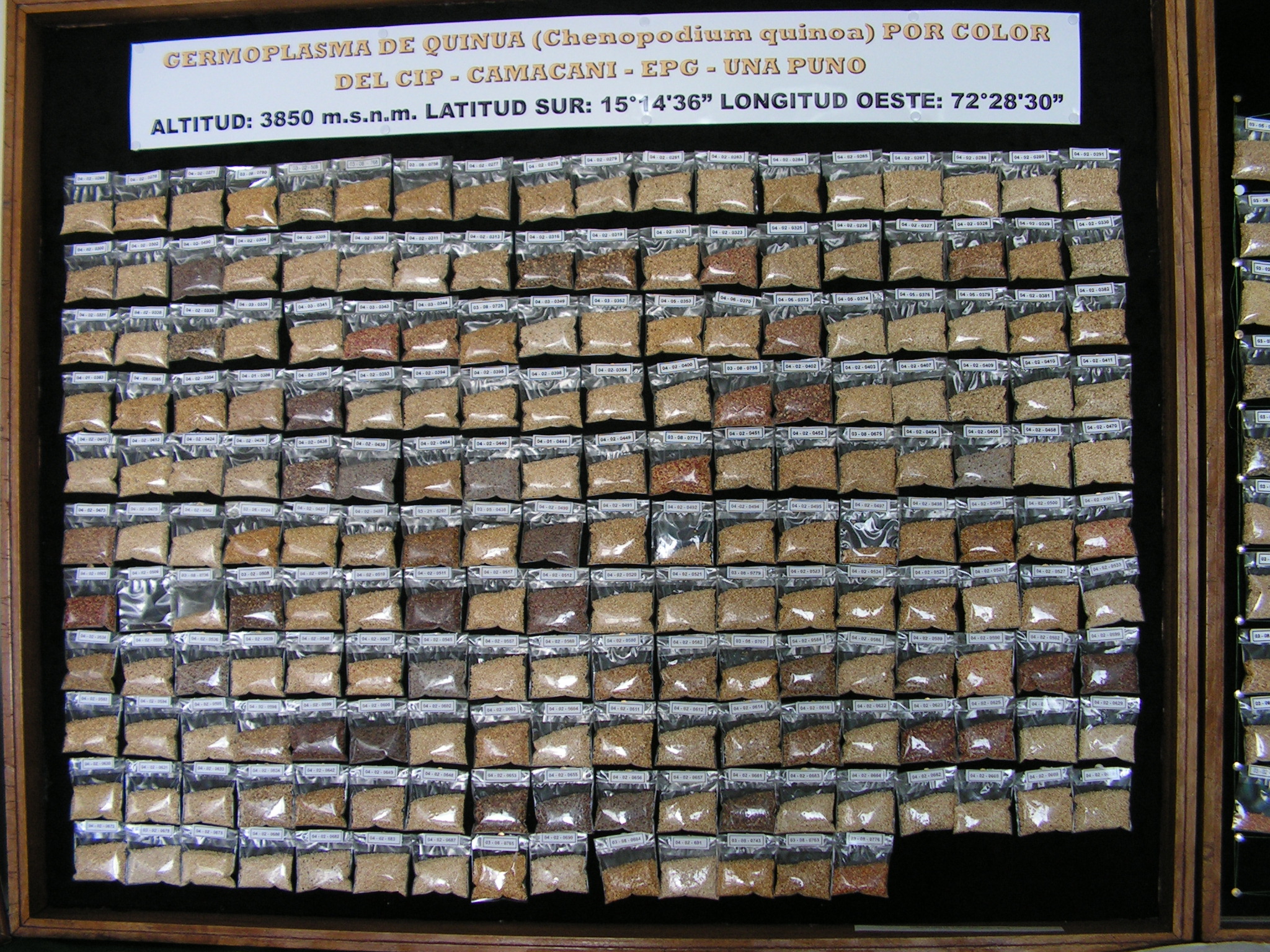
Further reading on quinoa breeding

„I was happy to be part of this project, which successfully connected farmers with researchers, greatly expanding my perspectives.“
A successful self-sustaining initiative in form of a public-private partnership
Ethiopia hosts a rich agricultural heritage with ancient farming traditions. Due to its history and very diverse agro-ecologies, it is a centre of diversity for several crops, including barley.
Agriculture is predominantly small-scale and subsistence-based. In the face of climate change and environmental degradation, small farmers need robust cultivars with high resistance to abiotic and biotic stresses – such as drought or fungal diseases. However, the availability of such cultivars is limited, as is small-scale farmers’ access to quality seed.
Our KWS development project in Ethiopia started in 2012 with the aims of strengthening the capacity of Ethiopian research teams to conserve plant genetic resources, introducing efficient strategies for improving barley, wheat and later also faba bean, and ensuring smallholder farmers’ access to improved seed.
The project was completed in 2022, when it turned into a successful self-sustaining initiative in the form of a public-private partnership led by German Development Cooperation (GIZ) and implemented in collaboration with Ethiopian Maltsters (beer brewing) and the barley breeding program of the Ethiopian Institute of Agricultural Research (EIAR).
What is the International Treaty on Plant Genetic Resources for Food and Agriculture?
Discover our current projects
Your contact person
